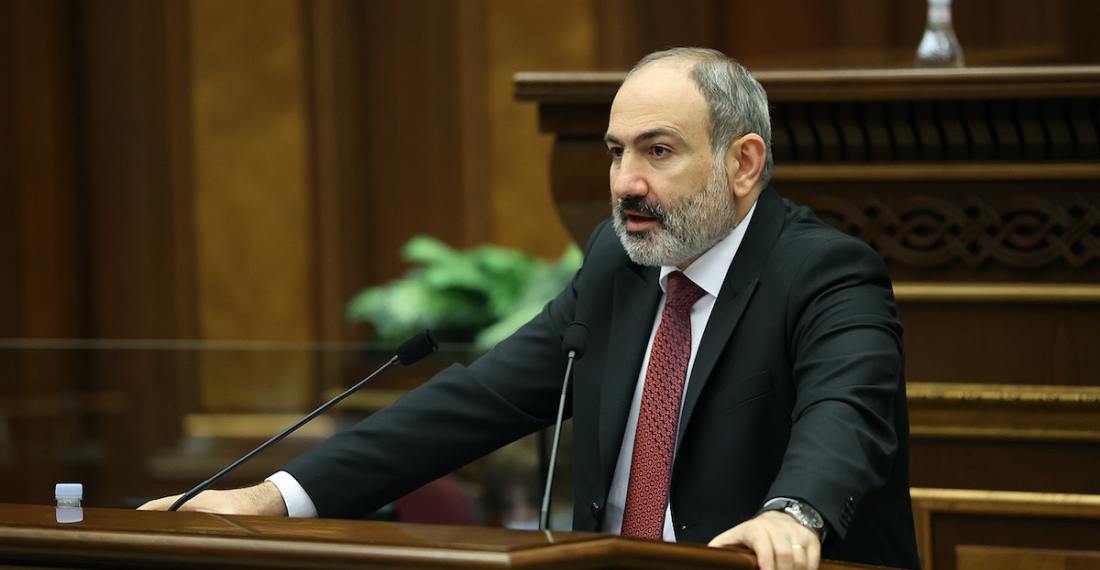Earlier today, the Armenian prime minister, Nikol Pashinyan, announced that as well as plans for a full withdrawal of troops, Armenia has submitted proposals to Azerbaijan for local withdrawals of troops along the Armenian-Azerbaijani border.
Speaking at the regular sitting of the government, Pashinyan began by addressing the gas issue currently affecting Nagorno-Karabakh, noting that the territory was “on the verge of a humanitarian crisis”, as a result of Azerbaijan’s actions.
He said that soon after gas was first cut off, Azerbaijan submitted its 5-point peace proposal, which Armenia responded to “very quickly". He added that there was nothing unacceptable in the proposals itself, but rather that it did not address “all issues”, and pointed to the current crisis as evidence that the status of Nagorno-Karabakh remains unresolved for Yerevan.
Pashinyan said that Azerbaijan’s closing of the pipeline showed it was trying to “divert from the peace agenda” by implementing a policy of provoking new escalations in the region. He went on to say that through all this, Armenia should not give in and deviate from the declared strategy of opening communications and restoring peace. He re-iterated that peace talks should begin as soon as possible, and the process of delimitation and demarcation of the border should be accelerated.
The Armenian PM added that as well as the proposal for a mirrored withdrawal of troops from the border, based on the de jure established border of Armenia and Azerbaijan in Soviet times, Armenia had also submitted plans for local withdrawals to Azerbaijan. The idea would be to withdraw troops from specific “hotbed” areas of the border, such as the “Yeraskh section”, which are the frequent location for flare-ups and skirmishes. He noted that Azerbaijan had not yet responded to this proposal, but that Armenia was ready to implement it “at any moment”. He concluded by saying that Azerbaijan’s lack of response on this meant he did understand whether Baku actually wanted to open regional communications.



